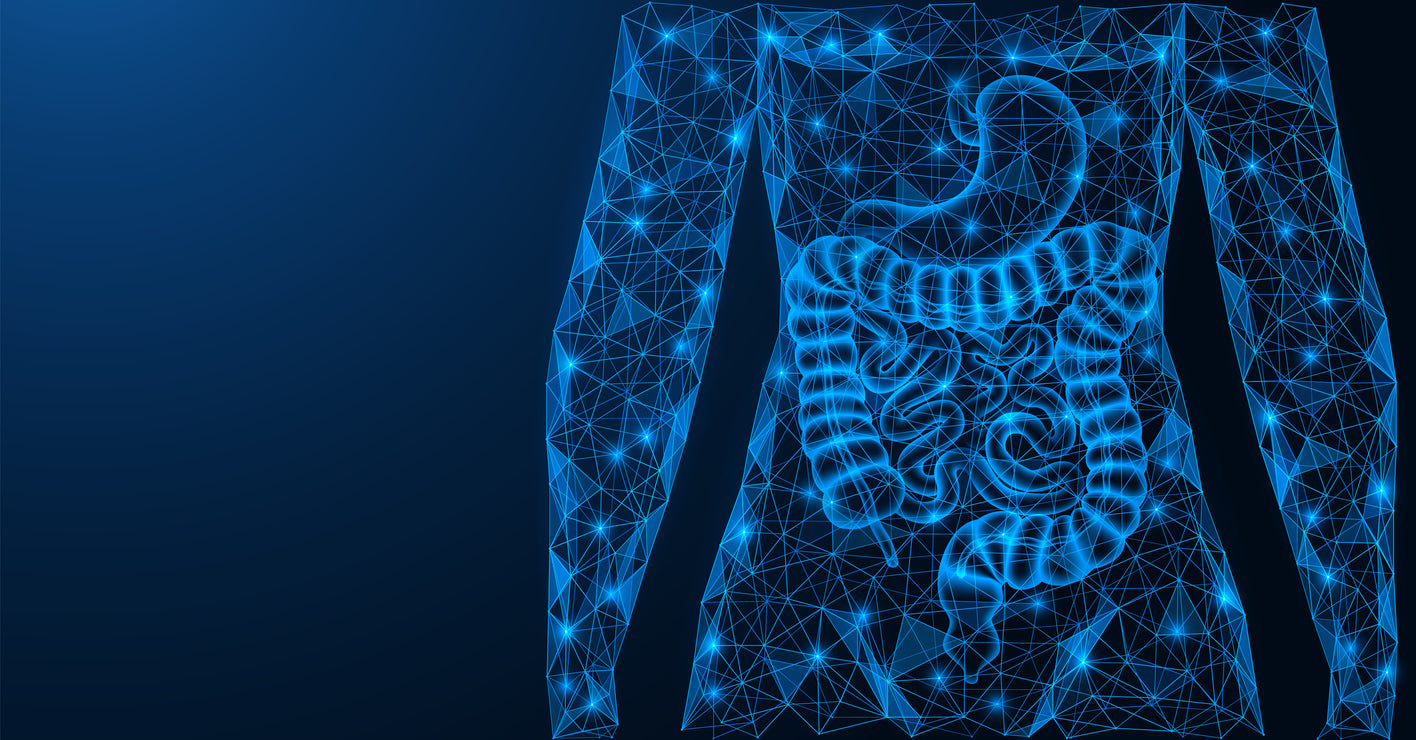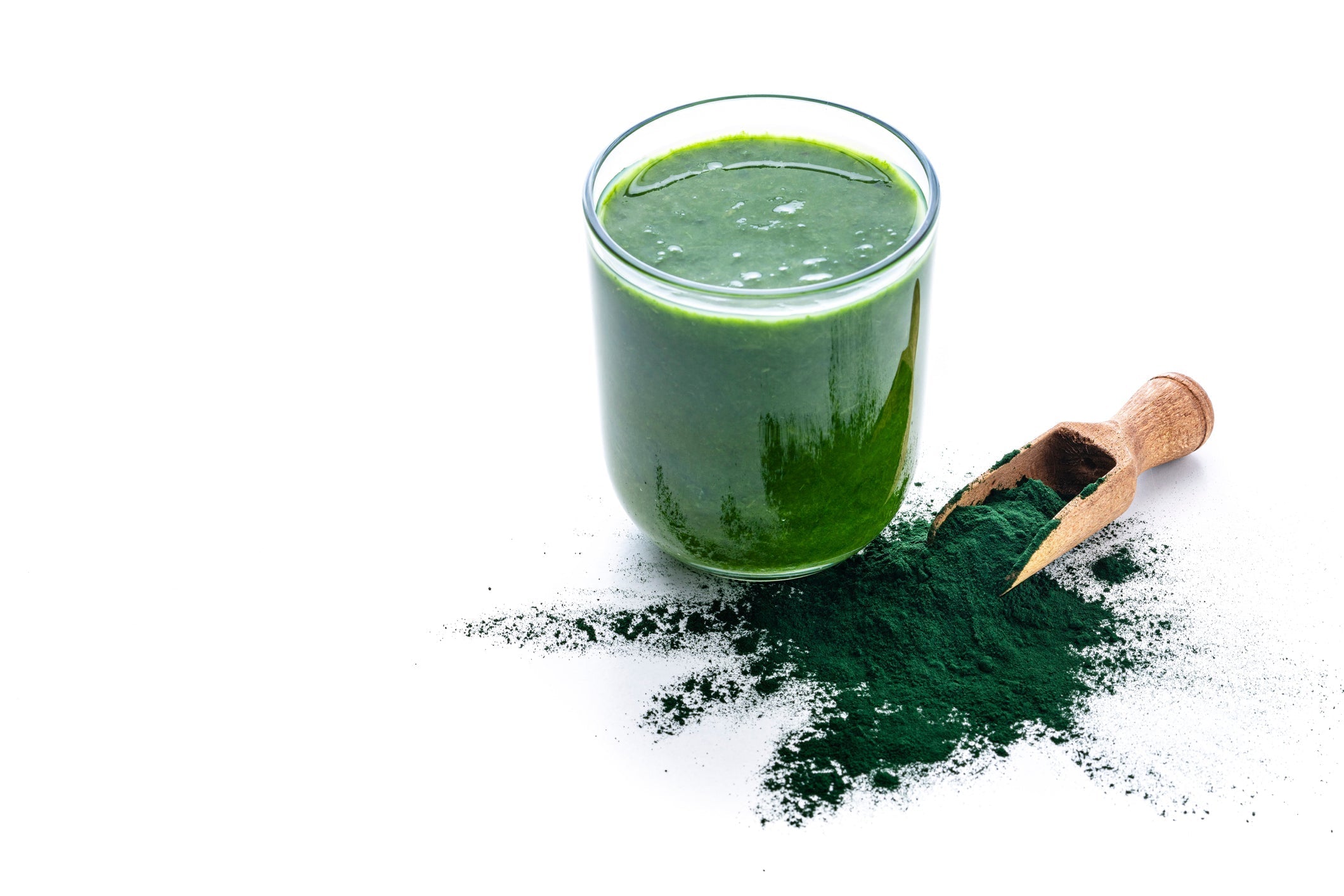
How can probiotics and prebiotics help you become healthier? Read on to discover the benefits of these essential gut health supplements.
Research has found that an imbalanced microbiome can be linked to a variety of health conditions. It’s not only limited to our gut health but can also create issues in other parts of the body, emphasizing the importance of gut health supplements.
This has led to increased interest in probiotics and prebiotics, particularly in the health benefits that they both confer. Many are already taking probiotics or prebiotics, but did you know that you can achieve even better gut health by taking pre and probiotics together?
Here’s what you need to know about probiotics and prebiotics.
What’s the Difference Between Probiotics and Prebiotics?
Taking probiotics either through food or gut health supplements can help maintain a healthy balance of gut bacteria. Probiotics can not only help with digestive issues, but they can also help with the cardiovascular system, nervous system, autoimmune problems, inflammation, and weight issues, among others.
Probiotics
Probiotics are living microorganisms that confer health benefits to the host. There are hundreds of probiotic strains but the ones commonly used in supplements belong to the Lactobacillus and Bifidobacterium genera.
We naturally have probiotics in our body but can become depleted due to factors like diet, lifestyle, sickness, and medication use. This can lead to an imbalance in the microbiome, which can make us vulnerable to certain health conditions.
Taking probiotics either through food or supplements can help maintain a healthy balance of gut bacteria. Probiotics can not only improve digestive issues, but they can also help with the cardiovascular system, nervous system, autoimmune problems, inflammation, and weight issues, among others.
There’s still we don’t know everything when it comes to probiotics, studies attribute these health benefits to certain mechanisms of action including:
- Probiotics reduce intestinal permeability by strengthening intestinal epithelial cells.
- Probiotics adhere to the intestinal tract and prevent the growth of pathogens.
- Prebiotics deactivate toxins in the body and from the food we consume.
Prebiotics
Prebiotics are non-digestible complex carbohydrates that can be found in fruits and vegetables including artichoke, barley, bananas, berries, leeks, and legumes. It can also be taken as a supplement.
While prebiotics provide the same health benefits as probiotics, they have a more indirect mechanism of action. The main purpose of prebiotics is to serve as fuel to the gut microbiota. They help stimulate the growth and function of good gut bacteria.
As such, prebiotics can enhance the effectiveness of your probiotics.
Probiotics and Prebiotics: Can You Take Them Together?
Mixtures of probiotics and prebiotics are referred to as synbiotics. That’s because when you take them together, they produce a synergistic effect. So even though probiotics and prebiotics are both beneficial on their own, they have even greater results together, enhancing digestive health.
Why is this important? It’s because there is a possibility that probiotics will fail to work. If you have been taking probiotics but aren’t seeing any results, here are some reasons:
- Stomach acids – If your stomach is very acidic, it creates a hostile environment for probiotics that makes it hard for them to survive.
- Gut acid – Insufficient gut acids can enhance the growth of pathogenic microbes, making it harder for probiotic bacteria to implant and colonize the microbiome.
- Not enough probiotics – The probiotic that you’re taking may not be as potent so the good bacteria die before ever reaching the large intestine.
Prebiotics supposedly facilitate the intestinal passage of probiotics to ensure that they arrive safely.
The synergistic effect is also said to produce byproducts that create a more hospitable environment for the probiotics to survive. At the same time, the presence of prebiotics can also increase the probiotics’ tolerance to inhospitable environments.
Even though there is still so much to learn about synbiotics, results from existing research have been very promising.
Frequently Asked Questions About Probiotics and Prebiotics
What Do Prebiotics and Probiotics Do?
Both prebiotics and probiotics are important in maintaining our gut health. Probiotics do this by increasing the good bacteria in our gut, which are essential in maintaining a healthy microbiome. Prebiotics, on the other hand, has a more indirect mechanism. They serve as fuel for probiotics to ensure that they successfully reach the gut and implant on intestinal walls, supporting overall digestive health.
Are Prebiotics and Probiotics Good to Take Together?
Given the synergy between prebiotics and probiotics, taking them together can enhance the ability of good bacteria to maintain a healthy balance in your gut, answering the question: can you take prebiotics and probiotics together?
When Should I Take Prebiotics and Probiotics?
Prebiotics and probiotics can be taken anytime. However, if you want to see optimal results, we recommend taking them at night. This is because your body has now finished with digestion and the body can focus on repairing itself while you sleep.
What Happens When You Start Taking Prebiotics?
If you start taking prebiotics with probiotics, you may see improvements in your overall health, including better digestive health and a more robust immune system.
Who Should Take Prebiotics?
Anyone who wants to enhance the effectiveness of their probiotics can take prebiotics. However, prebiotics is not for everyone. If you have been diagnosed with a digestive disorder, it’s best to consult your doctor before taking prebiotics.
When Should You Not Take Prebiotics?
Prebiotics are not recommended for those who have small intestinal bacterial overgrowth (SIBO). Those with FODMAP intolerance may also experience bloating, gas, or constipation when taking prebiotics.
Probiotics and Prebiotics for Optimal Gut Health
An imbalance in your gut microbiome can cause a wide variety of health conditions. That’s why it’s important to look after your gut health. Though it’s possible to just take either probiotics or prebiotics, there are compelling reasons to take them both as part of your gut health supplements.
Studies have found that these two produce a synergistic effect that increases the survival of probiotics in your body. This gives you a much better chance to attain optimal gut health.
And with probiotic + prebiotic blends already available, it’s very convenient for you to take!









Leave a comment
This site is protected by hCaptcha and the hCaptcha Privacy Policy and Terms of Service apply.